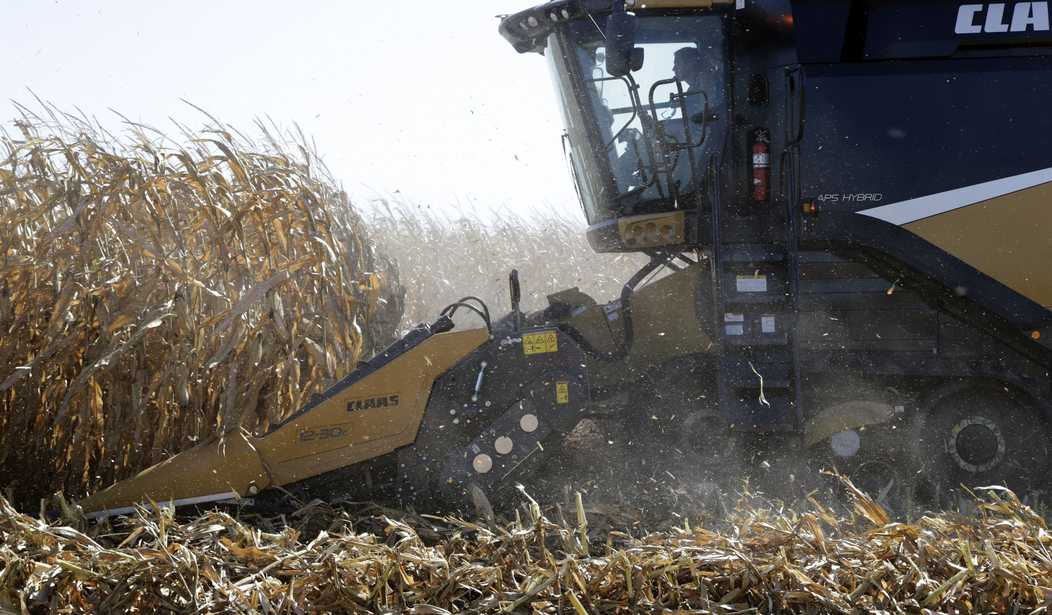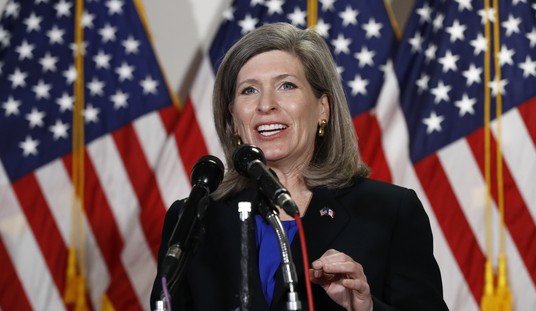One unpleasant ghost from the past (and present) will be moving back toward center stage in a couple of months and it may wind up presenting yet another challenge for the Biden administration. One of my concerns during the 2020 election dealt with my dread that liberal Democrats would be back in control in 2022 because of an important energy policy milestone. The Renewable Fuel Standard, which mandates the blending of “green” fuels like ethanol into America’s gasoline supply, has been running on a fifteen-year schedule that was last established and expanded in 2007. The current charter is up after 2022, so it will be the Biden administration’s EPA that sets the next set of blending mandates going forward. (The current goal for 2022 is 21 billion gallons of ethanol to be blended.) Obviously, Biden’s green energy lobby friends will be cheering for higher blending levels, while the oil and gas industry continues to ask for cuts and more waivers. But both Biden and the ethanol lobby may find themselves facing some troubled waters in the next few months while they hammer out the details. (Reuters)
The U.S. biofuel blending program known as the Renewable Fuel Standard (RFS) could see its most transformative year yet in 2022, as the Biden Administration must make decisions to reset statutes that mandate U.S. renewable fuel blending.
The program was designed to mandate certain volumes of renewable fuels to replace or reduce petroleum-based fuels. Oil refiners, which are required to blend the billions of gallons of biofuels into their fuel mix, say the program is too costly and needs to be reined in, while corn farmers and biofuel producers like the standards, as they have helped to build a multi-billion gallon market for their products.
This is one area where I regularly criticized the Trump administration for his entire time in office. Rather than adopting a more sensible, conservative approach and protecting America’s oil and gas industry, Donald Trump was a fan of the RFS for his entire time in office. It wasn’t because he was particularly concerned about renewable fuels, but rather because he wanted to score points in Iowa, a critical primary state. Most ethanol is currently made from corn, and government-mandated ethanol sales drive up profits for Big Corn, which means you have to support ethanol to win in Iowa.
Trump tried to play both sides against the middle on the RFS question when he could. Smaller refineries that are hit too hard by requirements to blend ethanol are able to apply for exemptions, and Trump’s EPA approved far more exemptions than Obama’s did. Joe Biden and his friends, however, detest the fossil fuel industry. So with this gang in charge, we would expect to see far fewer exemptions and higher volumes of ethanol blending being mandated.
But perhaps not. There are two other factors at play here. One is the fact that gas and heating oil prices have been steadily rising throughout Biden’s time in office and that’s not likely to change this year. Increasing the costs to refineries to process their products drives up the cost of oil and gas. You can rest assured that the industry and conservative lobbying groups will be making that point loud and clear as we head toward the midterms. Perhaps that will give Biden pause before he just pulls the switch on higher ethanol blending levels.
The other factor is the current movement to move away from corn-based ethanol for blending and begin using more advanced biofuels such as renewable diesel, which is made from plant oils or animal fats. If that’s the direction we’re going, all of the people in Iowa and the other major corn-growing states are suddenly going to take a dim view of the entire biofuel scheme if they’re not the ones cashing in on it anymore, and I’m sure they’ll let Joe Biden know about it.
With all that in mind, perhaps it’s not a done deal that the green energy lobby will convince Biden to tie another albatross around the neck of the oil and gas industry. Or at least we can hope not.








Join the conversation as a VIP Member